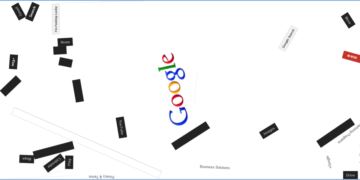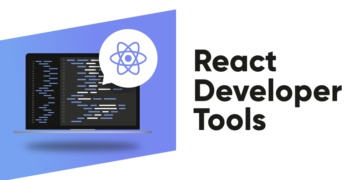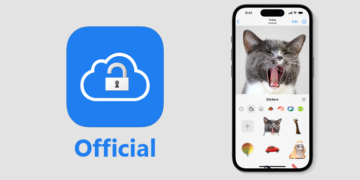The world of real estate management is evolving rapidly, largely thanks to advancements in property management software. For landlords, these innovations mean more efficient operations, improved tenant relations, and better overall management of their assets. Let’s explore the latest trends and features in asset management software that significantly impact the landlord’s role.
1. Integration of Artificial Intelligence and Machine Learning
A groundbreaking development in property management software is the integration of Artificial Intelligence (AI) and Machine Learning (ML). These technologies allow the software to process and analyze large data sets, leading to smarter decision-making. For landlords, this means enhanced capabilities in several areas. Predictive maintenance algorithms can foresee potential property issues before they become major problems, saving time and money. Improved tenant screening processes powered by AI can assess tenant reliability more accurately. Additionally, AI-driven dynamic pricing models can help landlords optimize rental rates based on market trends. Automating routine tasks like responding to tenant queries or scheduling repairs reduces the administrative burden and minimizes human error.
2. Enhanced Mobile Accessibility and Apps
The importance of mobile accessibility in today’s world cannot be overstated, and property management software developers have taken note. The latest software offers comprehensive mobile applications, enabling landlords to efficiently manage their properties from anywhere. These apps offer a range of functionalities: real-time access to financial statements, direct communication channels with tenants, mobile rent collection, and digital lease agreement management. The convenience of having a property management tool in your pocket means landlords can address issues promptly and keep their operations running smoothly, enhancing tenant satisfaction and operational efficiency. According to property management software Mrisoftware, “we streamline all your leasing, property management, facilities, and finance operations in one unified solution.”
3. Improved Tenant Communication Tools
Good communication is the backbone of effective property management, and recent software innovations focus on enhancing this aspect. Modern property management tools come equipped with integrated messaging systems, automated notifications, and efficient platforms for maintenance requests. These features simplify and streamline communication between landlords and tenants, reducing misunderstandings and improving response times. Automated reminders for rent and utility payments can significantly reduce late payments. Additionally, digital platforms for maintenance requests make it easier for tenants to report issues and for landlords to promptly track and resolve these problems.
4. Advanced Security Features for Data Protection
The need for robust security measures comes with the increased sophistication of property management software. Modern systems incorporate high-level encryption, multi-factor authentication, and regular security audits to ensure data protection. These features are critical in safeguarding sensitive information, including tenant personal details, financial records, and transaction histories. High standards of security not only protect against potential data breaches, but also reinforce the trust and confidence of tenants and stakeholders in the landlord’s ability to manage information responsibly.
5. Incorporation of IoT for Smart Property Management
Integrating Internet of Things (IoT) technology in property management software is a significant stride forward. IoT-enabled devices like smart locks, energy meters, and surveillance cameras can be connected to the software, providing real-time data and control to landlords. This technology enables proactive property maintenance, efficient energy management, and enhanced security. For instance, smart meters can provide detailed insights into energy usage, helping to identify areas where efficiency can be improved. The ability to remotely monitor and manage property aspects offers landlords a more hands-on approach to managing their assets, even from a distance.
The latest innovations in property management software are revolutionizing how landlords manage their properties. These advancements are simplifying property management, from AI and ML integration, enhanced mobile capabilities, improved communication tools, and advanced security features to the incorporation of IoT technology. They provide landlords with the tools needed to make informed decisions, streamline operations, and offer better services to their tenants. Embracing these technological advancements is becoming increasingly crucial for landlords aiming to stay competitive and efficient in the dynamic real estate market.



























Thank you for your sharing. I am worried that I lack creative ideas. It is your article that makes me full of hope. Thank you. But, I have a question, can you help me?